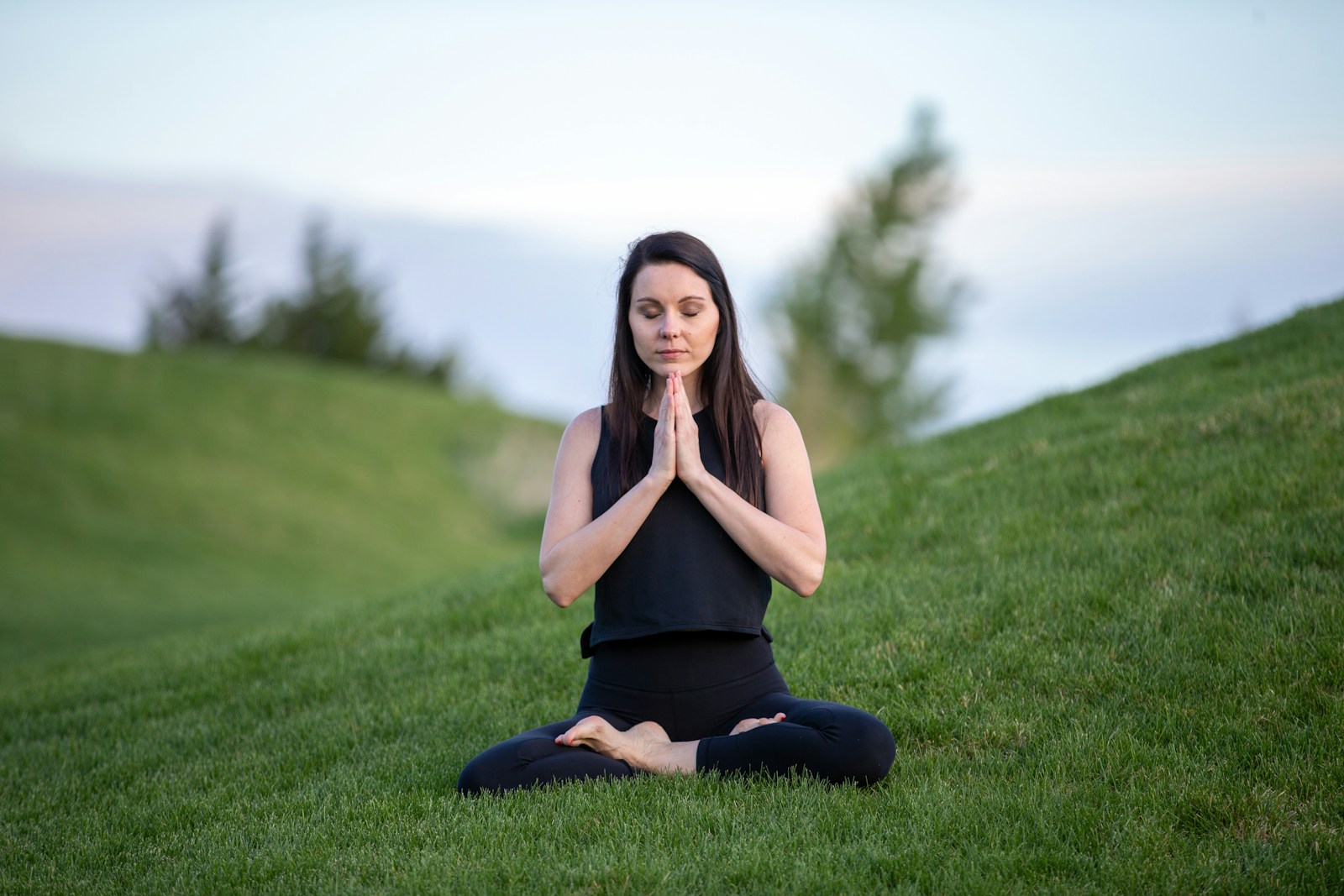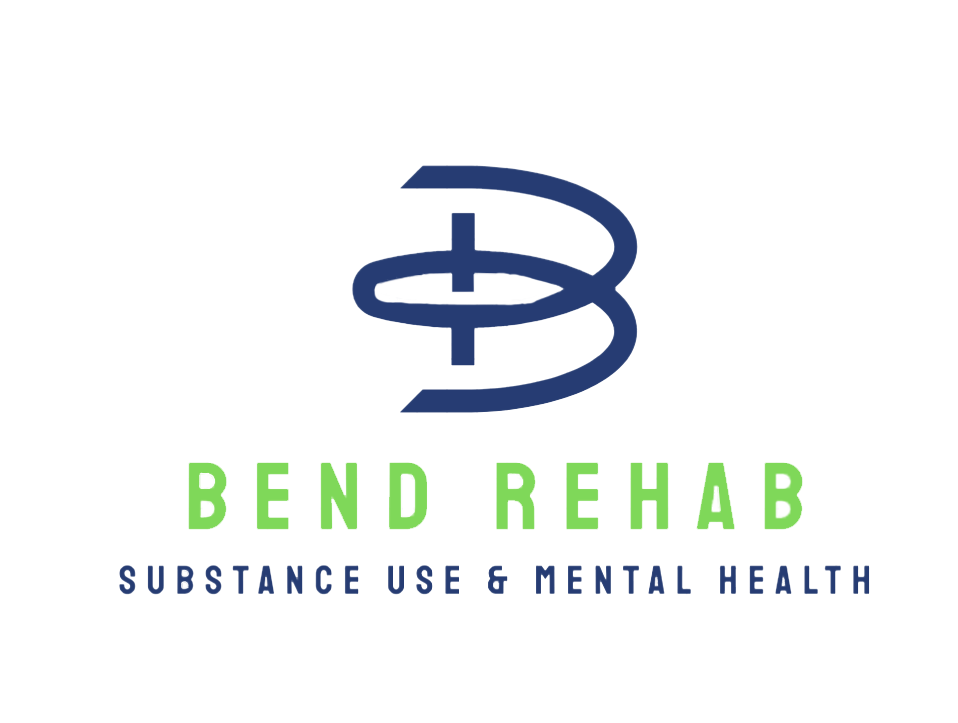Outpatient Rehab Center in Bend OR
Substance abuse and addiction can be isolating, overwhelming, and life-disrupting, but seeking the right support can make all the difference. Outpatient rehab center in Bend OR, have become a go-to choice for individuals seeking flexibility and comprehensive care during their road to recovery. These programs allow patients to balance their daily responsibilities—such as work, school, or family obligations—while receiving professional treatment in a supportive environment. Known for its breathtaking scenery and peaceful surroundings, Bend, OR, offers not just a visual reprieve but also an optimal setting for recovery. This blog takes a detailed look at what to expect when entering an outpatient rehab center in Bend, from admissions to aftercare and everything in between. By understanding the process, you or your loved one can approach this life-changing step with confidence and clarity.
The Admissions Process
The first interaction with an outpatient rehab center in Bend OR is a crucial step that sets the foundation for a positive and successful recovery experience. Typically, the admissions process begins with a simple phone call or online inquiry, where the individual or their loved one reaches out for help. During this initial contact, an intake coordinator plays a key role in guiding the conversation. They will ask thoughtful questions to gather vital information about the individual’s substance abuse history, current challenges, and personal goals for treatment. This may include details about the duration and frequency of substance use, previous attempts at recovery, and any co-occurring mental or physical health conditions.
What Happens During Assessment?
After the preliminary call, you’ll attend an in-person or virtual assessment to determine suitability for outpatient treatment. During this session:
- Medical and Substance History: Detailed information about your past and current health conditions, including any chronic illnesses, surgeries, or medications you are taking, will be collected. This also includes an assessment of substance use, such as alcohol or drug consumption, as well as any co-occurring disorders like anxiety, depression, or other mental health conditions. This comprehensive history helps create a clearer picture of your overall well-being to guide personalized care.
- Addiction Severity: Clinicians conduct a thorough assessment of your substance use, including the frequency, duration, and impact on your daily life, to ensure that outpatient care is the right and most effective treatment option for your specific needs.
- Treatment Goals: The team works closely with you to identify and define realistic short- and long-term recovery goals, ensuring they align with your personal needs, lifestyle, and overall wellness objectives. This collaborative process helps create a clear path to meaningful progress.
Transparency is key during this phase. Providing honest answers enables the team to create a treatment plan tailored to your specific needs.
Individualized Treatment Plans
No two journeys to recovery are alike, and rehab centers in Bend, OR, understand this deeply. Each individual’s path to healing is unique, which is why every patient receives a personalized treatment plan tailored to their specific challenges, needs, and goals. These plans are designed to address not only the symptoms but also the underlying causes of addiction or mental health struggles. At the heart of this planning process is a firm commitment to evidence-based care, ensuring that every treatment and intervention used is backed by research and proven to produce effective, lasting results. This approach helps patients build a solid foundation for long-term recovery and a healthier future.
Key Elements of a Personalized Plan:
- Therapeutic Interventions: Expect a variety of supportive treatments, including individual therapy tailored to your specific needs, group sessions that foster connection and shared experiences, and specialized approaches like cognitive-behavioral therapy (CBT), which focuses on identifying and changing negative thought patterns, or dialectical behavior therapy (DBT), which helps develop emotional regulation and coping strategies. These interventions are designed to provide a comprehensive and personalized path to healing.
- Medication-Assisted Treatment (MAT): If appropriate, treatments may include FDA-approved medications designed to ease withdrawal symptoms or reduce cravings, making the recovery process more manageable. These medications are often combined with counseling and behavioral therapies to provide a comprehensive approach to treating substance use disorders, improving the chances of long-term success.
- Behavioral Strategies: Plans may feature coping mechanisms such as stress management techniques, relapse prevention training to help individuals identify and avoid triggers, and mindfulness exercises to improve focus, reduce anxiety, and promote overall mental well-being.
- Regular Adjustments: Treatment plans are carefully evaluated on a regular basis and revised as needed to ensure they stay relevant, effective, and aligned with your evolving needs and goals. This ongoing process helps maximize the effectiveness of your care as you progress through your journey.
Your personalized plan forms the blueprint for addressing the root cause of addiction and developing strategies for long-term sobriety.
Therapy Options
One of the strengths of outpatient rehab center in Bend OR is its variety of therapy options that focus on every dimension of recovery—physical, emotional, and social. These programs are designed to provide comprehensive care while allowing patients to maintain their daily routines and responsibilities. Outpatient rehab center in Bend OR often integrate both traditional therapies, such as counseling and physical rehabilitation, and innovative approaches like mindfulness practices, art therapy, or group support sessions. This combination ensures that individuals receive personalized care tailored to their unique needs, fostering a well-rounded path to healing and long-term recovery.
Common Therapy Types:
- Cognitive-Behavioral Therapy (CBT): A structured, evidence-based approach that helps patients recognize and challenge negative thought patterns while developing healthier coping mechanisms. By focusing on the connection between thoughts, behaviors, and emotions, CBT empowers individuals to manage stress, anxiety, depression, and other mental health challenges more effectively.
- Family Therapy: Focuses on improving communication, addressing conflicts, and resolving family dynamics that may have been strained by addiction. This process helps rebuild trust, fosters understanding, and strengthens your support network, ensuring the entire family can heal together and provide a stable foundation for recovery.
- Motivational Interviewing (MI): A client-centered counseling approach designed to help individuals explore and resolve ambivalence about change. It encourages individuals to cultivate intrinsic motivation, empowering them to take meaningful steps toward achieving and maintaining sobriety. This method emphasizes empathy, active listening, and collaboration to support personal growth and self-efficacy.
- Group Therapy: Offers a supportive and understanding environment where individuals can share their experiences, build meaningful connections, and gain insights from others facing similar challenges. It encourages open communication, fosters a sense of community, and provides valuable opportunities to learn coping strategies and skills from group discussions.
With skilled therapists guiding the process, these therapies work in tandem to heal the mind and foster an empowered recovery.
Holistic Approach to Treatment
Bend’s outpatient rehab centers go beyond conventional methods by focusing on holistic healing, which emphasizes the mind-body connection for a more comprehensive recovery experience. This approach integrates therapies that address mental, physical, and emotional well-being, ensuring that individuals receive care tailored to their unique needs. The serene landscapes of Bend, with its lush forests, calming rivers, and breathtaking mountain views, complement this holistic approach, providing a sense of tranquility and inspiration that aligns perfectly with recovery goals. These natural surroundings not only encourage reflection and inner peace but also serve as a reminder of the beauty and possibilities that life has to offer during and after the recovery journey.

Common Holistic Activities:
- Yoga and Meditation: These practices promote mental clarity, reduce stress, and encourage relaxation while improving physical well-being. Yoga enhances flexibility, strength, and balance, while meditation helps calm the mind, improve focus, and foster emotional resilience. Together, they create a holistic approach to overall health and wellness.
- Art Therapy: A creative and therapeutic outlet that allows individuals to express complex emotions through drawing, painting, or other forms of art, helping to process feelings that may be difficult to put into words.
- Equine-Assisted Therapy: This therapeutic approach involves working with horses to build trust, improve emotional regulation, and enhance self-awareness. Through activities like grooming, leading, and interacting with the horses, individuals develop important life skills such as communication, patience, and empathy, all in a supportive and calming environment.
- Physical Activity: Engaging in guided hiking or light exercise not only helps cultivate endorphins, boosting mood and reducing stress, but also reinforces healthy habits that contribute to overall physical and mental well-being. It’s a great way to stay active while enjoying the outdoors and connecting with nature.
By incorporating these practices into traditional therapies, patients can achieve a more balanced, holistic recovery experience.
Tailored Flexibility:
- Morning and Evening Sessions: Patients can schedule sessions that best align with their daily routines.
- Structured Yet Adaptable: Programs provide a structured environment without sacrificing personal freedom.
- Work-Life Balance: Outpatient offerings are ideal for individuals who need treatment but cannot leave their day-to-day responsibilities.
Beyond flexibility, patients benefit from ongoing support. Modern outpatient centers in Bend offer:
- Aftercare Programs: Continued therapy or counseling post-treatment to strengthen recovery.
- Regular Check-Ins: Scheduled follow-ups to monitor progress and address concerns.
- Support Groups: Opportunities to connect with peers for mutual encouragement.
This continuous support network significantly enhances recovery outcomes and minimizes the risk of relapse.
Community-Based Recovery
The sense of community in Bend sets its outpatient rehab centers apart, creating a truly supportive and welcoming environment for those on their recovery journey. Here, recovery is not a solitary endeavor—it’s built on shared experiences, meaningful connections, and the understanding that healing is stronger when it’s done together. These centers emphasize the importance of treating not just the individual, but also helping them reconnect with others in a positive and constructive way. From group therapy sessions where participants share their stories and build trust, to community activities that promote teamwork and social engagement, every aspect is designed to foster a sense of belonging and mutual encouragement. Whether it’s a friendly conversation, a moment of shared laughter, or a milestone celebrated together, individuals are reminded that they are not alone. This collaborative approach helps individuals feel supported every step of the way, empowering them to overcome challenges and embrace a healthier, brighter future.
Key Benefits of Community-Based Recovery:
- Peer Bonding: Engage with others facing similar challenges, offering mutual understanding and encouragement.
- Alumni Programs: Post-treatment meetups and events help patients stay connected long after formal rehab ends.
- Local Resources: Take advantage of Bend’s network of support groups, wellness retreats, and community-led initiatives.
By fostering a culture of accountability and positive reinforcement, community-driven recovery provides a strong foundation for sustained sobriety.
Exploring Recovery in Bend, OR
The rugged beauty and calming surroundings of Bend, Oregon, play an important role in the recovery experience. Nestled in the heart of the Pacific Northwest, this scenic town provides a perfect balance of adventure and tranquility. Whether it’s hiking iconic trails like Tumalo Falls or Pilot Butte, kayaking on the pristine waters of the Deschutes River, or simply soaking in the breathtaking views of the Cascade Mountains, Bend offers countless opportunities to reconnect with yourself and the world around you. The fresh mountain air, vibrant wildlife, and peaceful landscapes create an environment that fosters healing, reflection, and personal growth.
Conclusion
Choosing the right rehab center is a life-changing decision, one that can set the foundation for a brighter, healthier future. Outpatient rehab centers in Bend, Oregon, provide professional care, personalized treatment plans, and a flexible approach tailored to fit your lifestyle—all set against the backdrop of one of the most peaceful and scenic environments in the country. These centers are designed to help individuals balance recovery with daily life, making it possible to receive treatment while still managing work, school, or family responsibilities. If you or a loved one is considering outpatient treatment don’t hesitate to reach out to us for assistance by calling 1 (541) 802-7214 or clicking Bend Rehab. With therapy options rooted in evidence-based practices, including cognitive behavioral therapy, group counseling, and individualized care, they ensure that treatment is both effective and compassionate. Many programs also incorporate holistic approaches, such as yoga, meditation, and outdoor activities, which take advantage of Bend’s natural beauty to promote healing of both the mind and body. Beyond the treatment itself, these centers foster an unmatched sense of community and connection, helping you build a strong support system that lasts well beyond your time in rehab.




